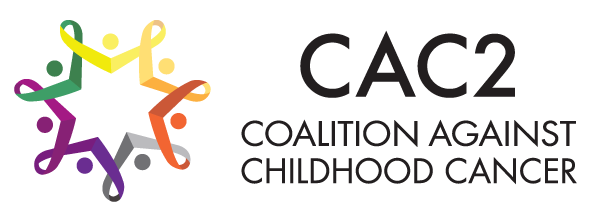Assorted news from the last week:
The U.S. Food and Drug Administration (FDA) has developed graphics that provide a visualization of recommendations about the use of dental amalgam (a mercury-containing dental restorative or filling material) in certain groups of people who may be at greater risk for potential harmful health effects of mercury exposure. Celebration! The Most Cited Paper Award presented by Journal of Pediatric Psychology focused on adolescent and young-adult survivors: Knowledge of Late Effects Risks and Healthcare Responsibility in Adolescents and Young Adults Treated for Childhood Cancer. Today in The Lancet Child & Adolescent Health, investigators at Children’s Hospital Los Angeles published results of the largest study of cisplatin-induced hearing loss to date. The study establishes the first benchmarks for the prevalence of hearing loss, and reveals that the risk of hearing loss is affected not only by how much drug is given, but by how that drug is delivered—dosing schedules, complementary treatments, and more. A new study by Mayo Clinic researchers has identified that a chromosome instability gene, USP24, is frequently missing in pediatric patients with neuroblastoma, an aggressive form of childhood cancer. The finding provides important insight into the development of this disease. The study is published in Cancer Research, the journal of the American Association for Cancer Research. This opinion piece in STAT discusses: The world needs a drug development paradigm that serves all patients regardless of rarity. We propose three strategies for getting there. SHEPHERD Therapeutics, a company dedicated to catalyzing lifesaving treatments for rare cancer patients, and Oncoheroes Biosciences, a biotech company focused on advancing new therapies for childhood cancer, today announced they have entered into a partnership to collaborate in the discovery, development and commercialization of innovative drug products for rare oncology indications. The National Comprehensive Cancer Network® (NCCN®) today published its first-ever treatment guidelines for children with a solid tumor cancer type in the United States. The NCCN Clinical Practice Guidelines in Oncology (NCCN Guidelines®) for Wilms Tumor (Nephroblastoma) contain evidence-based expert consensus recommendations for how to maximize benefits and minimize side effects for managing a rare type of kidney cancer that typically occurs in children age eight years or younger. St. Jude Hospital and Jared Isaacman, a billionaire entrepreneur, selected childhood cancer survivor, Hayley Arceneaux, for a trip to orbit in a SpaceX capsule.
Upcoming Webinars and Online Opportunities:
The NCI is pleased to announce the Notice of Special Interest (NOSI): Administrative Supplement Opportunity to Study the Impact of COVID-19 on Global Cancer Prevention and Control (NOT-CA-21-033). The purpose of this NOSI is to inform current awardees that the National Cancer Institute (NCI) is providing the opportunity for supplemental funding to stimulate interest and promote studies on the impact of the COVID-19 pandemic on global cancer prevention and control. This Administrative Supplement is designed to support NCI-funded investigators who have existing relationships/partnerships in low- and middle-income countries to leverage those partnerships to conduct research on the pandemicâs impact on cancer prevention, diagnosis, treatment, and outcomes. CGH will be hosting a webinar to address frequently asked questions about this funding opportunity on Thursday, February 25, 2021 at 9:00 a.m. EST. Click here to join the webinar. Check out recordings of the 9th ACCELERATE Paediatric Cancer Conference held virtually on February 4 & 5. The Small Business Concept Award (SBCA) has issued a new SBIR contract solicitation to fund high-risk, high-innovative projects in rare and pediatric cancers. Also here is the youtube link for the promotional video: https://youtu.be/
- Target high-risk/high reward projects in areas of pediatric and/or rare cancers
- Seeking to derisk highly innovative concepts – out of the box ideas are encouraged.
- Preliminary data is not required or expected to be competitive for funding.
- Shorter application with review criteria heavily weighted towards innovation.
- Submission of a white paper in March with a 2-3 page project summary for program feedback pre-application.
- 300K , Phase I contract funding for proof of concept.
- Additional funds for I-Corps program for entrepreneurial training.


